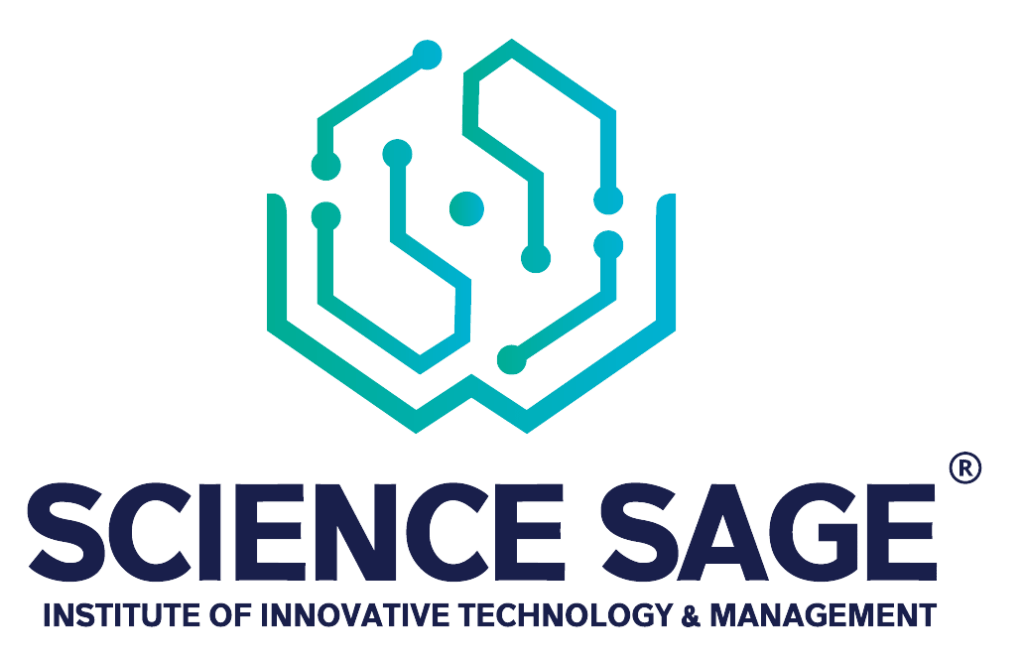- Prerequisites
- Higher Secondary Passed
- Course Duration
- 2 Years
The Diploma in Dental Technology is a specialized program designed to train individuals in the art and science of creating dental prostheses, appliances, and restorations. Dental technologists work closely with dentists to fabricate custom-made dental devices that restore oral function, improve aesthetics, and enhance patients’ quality of life. Below is a detailed description of the program:

Course Overview
- Duration: The Diploma in Dental Technology program typically spans two to three years, depending on the curriculum and institution offering the program.
- Curriculum: The curriculum covers a comprehensive range of subjects related to dental anatomy, materials science, laboratory techniques, digital dentistry, and CAD/CAM (Computer-Aided Design/Computer-Aided Manufacturing) technology. Courses may include dental anatomy and physiology, dental materials, dental laboratory procedures, impression techniques, model making, prosthetic design, orthodontic appliances, dental ceramics, and occlusion principles.
- Hands-on Training: Practical training is a fundamental component of the program, allowing students to develop proficiency in dental laboratory techniques and procedures. Under the supervision of experienced dental technologists, students learn to fabricate a variety of dental prostheses and appliances, including crowns, bridges, dentures, orthodontic appliances, and dental implants.
- Digital Dentistry: With advancements in technology, many diploma programs now include training in digital dentistry and CAD/CAM technology. Students learn to use digital scanners, design software, and milling machines to create digital impressions, design prosthetic restorations, and fabricate dental appliances with precision and accuracy.
- Clinical Experience: Some programs may incorporate clinical experience or rotations in dental clinics, where students have the opportunity to observe patient consultations, collaborate with dentists on treatment planning, and gain insight into the clinical aspects of dental technology.

Course Structure
- Core Subjects:
– Dental Anatomy and Physiology
– Dental Materials Science
– Dental Laboratory Techniques
– Impression Making and Model Fabrication
– Prosthetic Design and Fabrication
– Crown and Bridge Work
– Complete and Partial Denture Construction
– Orthodontic Appliance Fabrication
– Dental Ceramics and Porcelain Work
– Occlusion and Articulation - Specialization Electives (Sample):
– CAD/CAM Technology in Dental Technology
– Digital Impressions and Virtual Design
– Advanced Dental Ceramics and Aesthetics
– Removable Prosthodontics
– Implant Dentistry and Prosthesis Design
– Maxillofacial Prosthetics
– Dental Laboratory Management and Quality Control
– Regulatory Compliance and Sterilization Practices - Practical Laboratory Sessions:
– Fabrication of Dental Impressions and Models
– Wax-up and Casting Techniques
– Crown and Bridge Fabrication
– Denture Base and Teeth Setup
– Orthodontic Appliance Construction
– Porcelain Layering and Firing
– CAD/CAM Design and Milling
– Quality Control and Finishing Techniques - Clinical Observations:
– Observing Dental Procedures and Patient Consultations
– Participating in Treatment Planning Sessions
– Interacting with Dentists and Dental Team Members
– Understanding Patient Needs and Expectations

Key Skills Developed
- Technical Proficiency: Mastery of dental laboratory techniques and procedures for fabricating a wide range of dental prostheses, appliances, and restorations with precision and accuracy.
- Attention to Detail: Diligence in following dentists’ prescriptions, interpreting dental impressions, and adhering to quality standards to ensure the proper fit, function, and aesthetics of dental devices.
- Artistic Skills: Creativity and artistic talent in shaping and sculpting dental materials, ceramics, and prosthetic components to achieve natural-looking and aesthetically pleasing dental restorations.
- Problem-Solving Abilities: Ability to troubleshoot technical issues, adapt to new technologies and materials, and find innovative solutions to challenges encountered in dental laboratory practice.

Career Opportunities
- Dental Technologist: Graduates of the diploma program can work as dental technologists in dental laboratories, hospitals, dental clinics, and specialized dental practices. They fabricate dental prostheses, appliances, and restorations according to dentists’ prescriptions and patient specifications.
- CAD/CAM Technician: With training in digital dentistry and CAD/CAM technology, dental technologists can specialize as CAD/CAM technicians, using computer software and milling machines to design and fabricate digital dental restorations with high precision and efficiency.
- Dental Laboratory Manager: Experienced dental technologists may advance into management or supervisory roles within dental laboratories, overseeing laboratory operations, managing personnel, coordinating workflow, and ensuring quality control and compliance with regulatory standards.
- Educator or Trainer: Some dental technologists choose to pursue careers as educators or trainers, teaching dental technology courses, conducting workshops, and providing continuing education to dental professionals and students in academic institutions or vocational training centers.
- Sales Representative: Dental technologists with strong communication and interpersonal skills may work as sales representatives or product specialists for dental supply companies, promoting dental products, equipment, and technology to dental laboratories and practices.
Diploma in Dental Technology offers a comprehensive and specialized education that equips students with the skills, knowledge, and practical experience necessary for successful careers in the dental industry. Through a combination of theoretical learning and hands-on training, students gain proficiency in dental anatomy, materials science, laboratory procedures, prosthetics fabrication, orthodontic techniques, and digital dentistry. With a focus on precision, accuracy, and attention to detail, graduates are well-prepared to meet the demands of the profession and contribute to the oral healthcare field as skilled dental technicians. Whether working in dental laboratories, orthodontic practices, or digital dentistry settings, diploma holders play a crucial role in enhancing patient care and satisfaction. Thus, the Diploma in Dental Technology serves as a valuable pathway for individuals seeking fulfilling and rewarding careers in the dynamic and essential field of dental healthcare.
